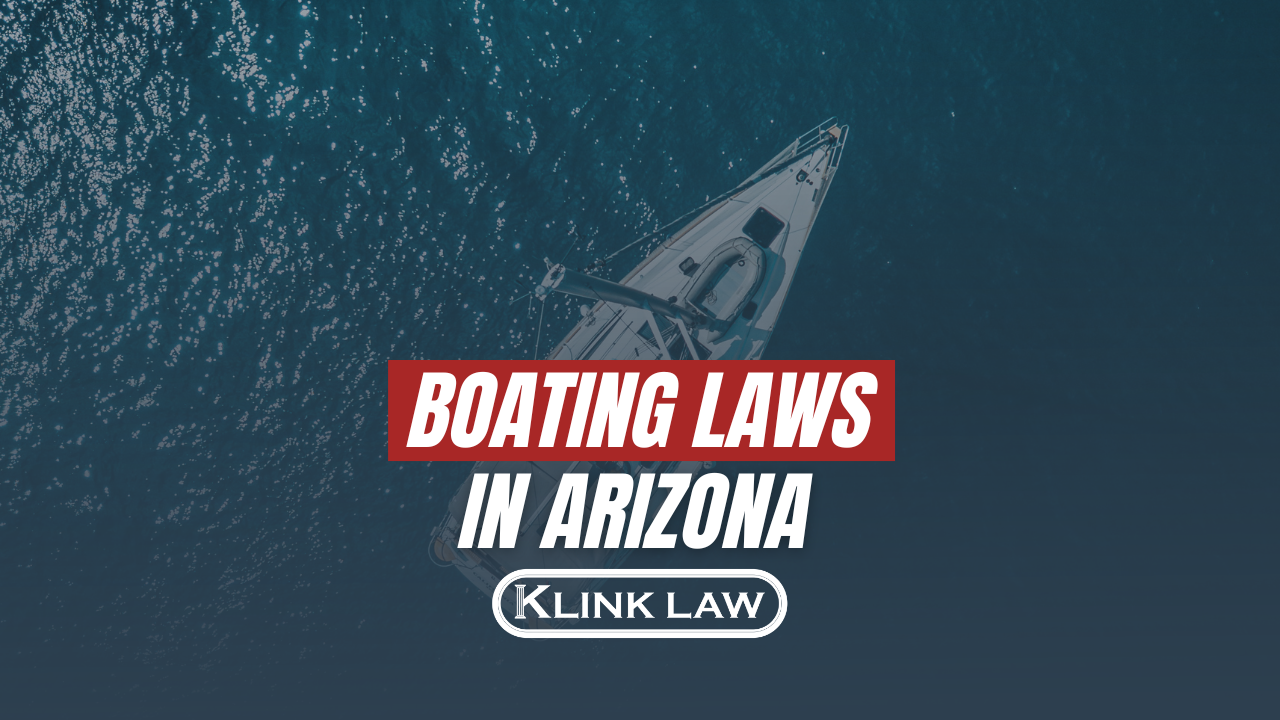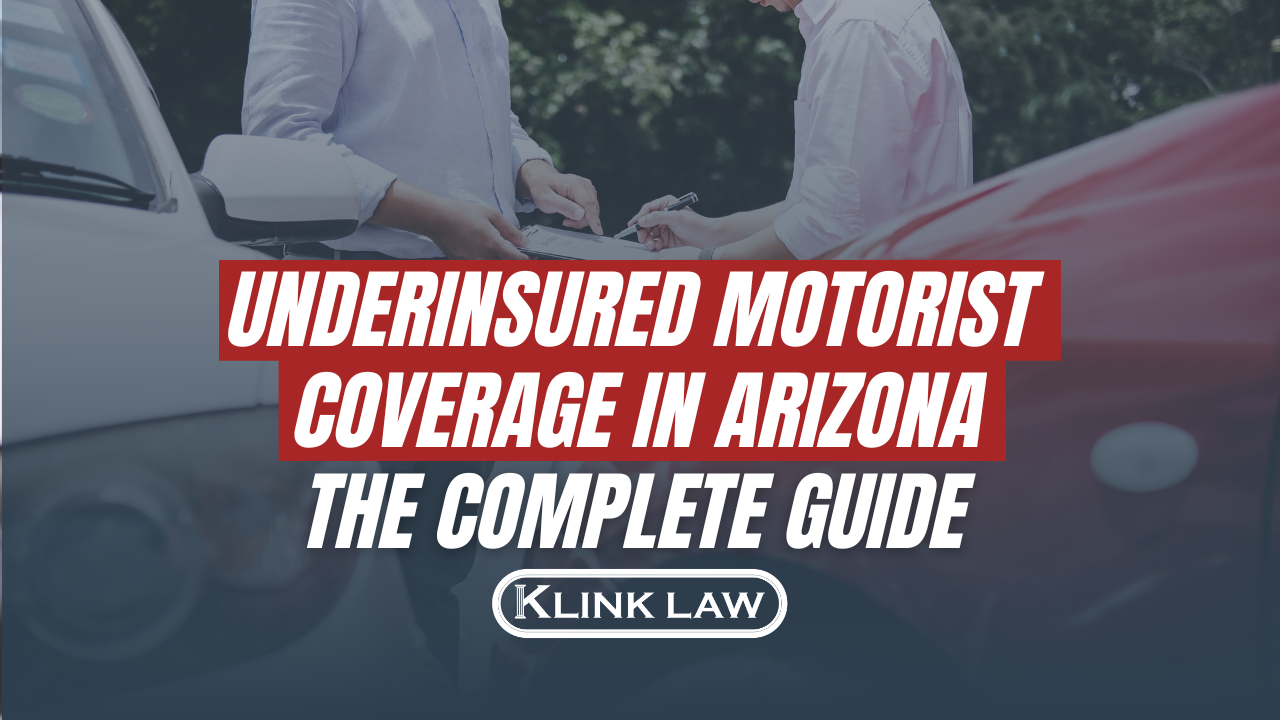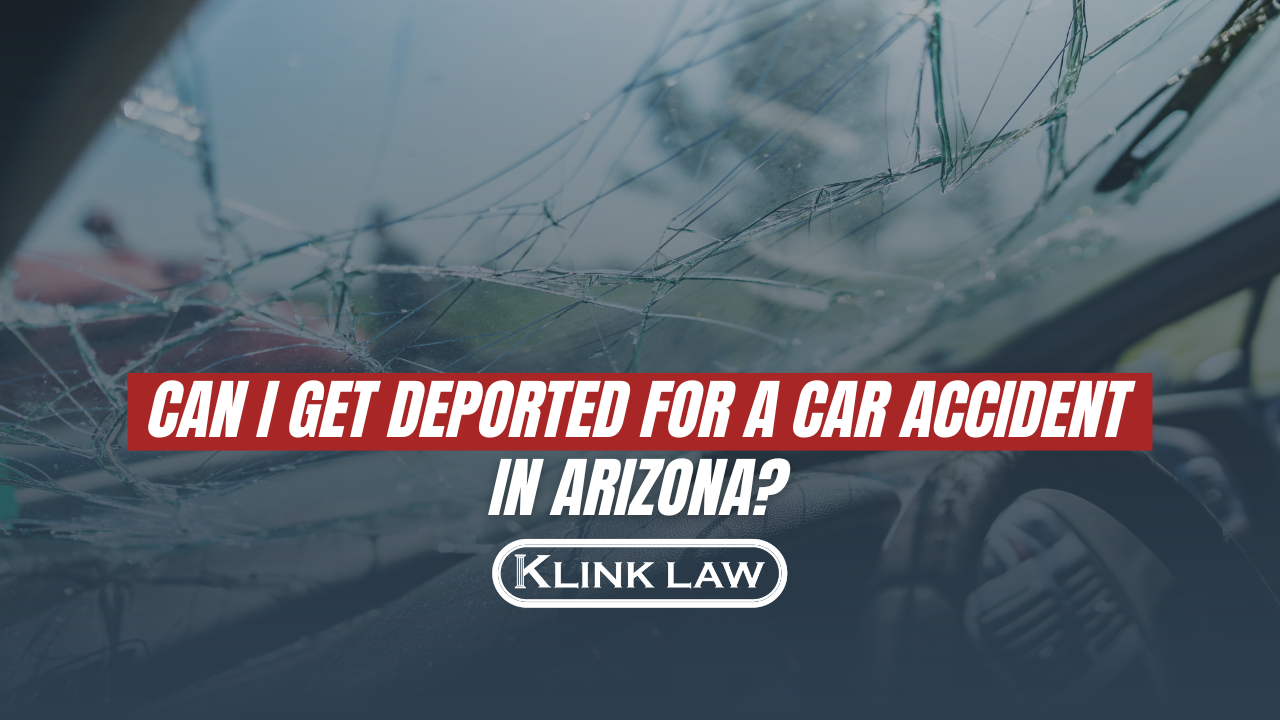
Arizona’s Boating Laws: The Complete Guide
Navigating the Waters: A Comprehensive Guide to Arizona’s Boating Laws
Arizona, often celebrated for its stunning desert landscapes and unique outdoor recreational opportunities, is also home to numerous lakes and waterways that offer a refreshing escape from the scorching summer heat. Boating enthusiasts flock to these picturesque destinations to enjoy water-based activities such as fishing, water skiing, and simply cruising along the serene waters. To ensure a safe and enjoyable experience for everyone, it’s crucial to be well-versed in Arizona’s boating laws. If you suffered an injury on a boat in Arizona, do not hesitate to reach out to our Phoenix boating accident lawyer for more information about filing a personal injury claim.
Important Arizona Boating Laws To Understand
1. Safe Operation Age According to Arizona Boating Laws
In accordance with Arizona law, individuals under the age of 12 are prohibited from operating a motorized watercraft with an engine exceeding 8 horsepower, unless accompanied by an adult. This regulation extends to jet skis as well. It is crucial to recognize the potential dangers associated with watercraft equipped with engines surpassing 8 horsepower, as mishandling or accidents can lead to serious consequences.
2. Operation Prohibitions
Any person who is under the influence of alcohol or drugs, or who is physically or mentally incapable of safely operating a watercraft, cannot be in physical control of one. This includes individuals whose judgment, coordination, and reaction time are impaired due to the consumption of alcohol or drugs. Such violations not only pose a significant risk to the safety of yourself and others but can also result in severe consequences. In addition to potential fines of up to $2,500, offenders may also face imprisonment. It is crucial to prioritize safety and responsible behavior when operating a watercraft to ensure a safe and enjoyable experience for everyone involved.
3. Life Jackets
In Arizona, individuals under the age of 12 are required to wear a Coast Guard-approved Type I, II, or III personal flotation device (PFD) at all times. This safety regulation also applies when being towed by a watercraft, regardless of age. Furthermore, Arizona boating laws stipulate that any watercraft measuring under 16 feet must have an adequate supply of flotation devices for all occupants. For watercraft exceeding 16 feet in length, a cushion or ring buoy must also be present. Prioritizing safety and abiding by these regulations ensures a secure and enjoyable boating experience in Arizona waters.
4. Fire Extinguishers
Watercrafts shorter than 26 feet in length and powered by diesel, gasoline, or bunker fuel must be equipped with a Coast Guard-approved Type B-I fire extinguisher if they meet any of the following criteria:
- Inboard engine
- Closed-compartment storage for fuel tanks
- Unsealed or unfilled double bottoms
- Enclosed living spaces
- Permanent red fuel tanks
For boats measuring between 26 and 40 feet, it is required to have either two Type B-I extinguishers or one Type B-II extinguisher. Watercraft ranging from 40 to 65 feet in length must be equipped with either three Type B-I extinguishers or one Type B-I extinguisher in combination with one Type B-II extinguisher.
5. Water Skiing
To comply with Arizona boating regulations, it is required to have two additional individuals on board the boat while waterskiing, aside from the skier. One person should assume the role of the operator, another as the observer, and the third individual will be the skier. When the skier is in the water but not actively skiing, the observer must prominently display a flag measuring 12×12 inches in either red or orange. It is prohibited to engage in waterskiing activities between sunset and sunrise.
6. Duties of Operators
In the event of a boat crash or accident, it is crucial to promptly halt the watercraft and render aid to anyone in need. Following that, it is necessary to exchange names and addresses with the other party involved and report the incident to the nearest law enforcement agency. An officer will then file a comprehensive report.
Arizona Boating Laws At A Glance
- No reckless, dangerous, or negligent operation of a watercraft.
- No bow-riding while underway.
- Driver’s view may not be impeded at any time.
- No one under the age of 12 may operate a motorized vessel (age 16 for California law).
- Boating speeds must be controlled to avoid collision or damage to property, including causing a wake that may cause damage or collision.
- No overloading of passengers in a boat.
- Motorized watercraft must yield to non-motorized watercraft.
- Boaters overtaking another boat are responsible for their wake which may cause damage to the overtaken vessel or danger to the occupants.
- Boaters must stay to the right of the lake (counter-clockwise).
- Boaters towing people/persons must have at least two occupants in the boat at all times.
- No towing skiers/wakeboarders or other water sports between sunset and sunrise.
- No interference with the free and proper use of waterways, launch ramps, or other watercraft.
- No littering (including cigarette butts).
- If you are involved in a boating accident, you must stop to render aid and provide contact information.
Injuries In Arizona Boating Accidents
While there isn’t a requirement for an Arizona boating license, it is crucial for anyone operating a boat on state waterways to uphold a duty of care towards others sharing the water. Failing to do so can result in endangering the safety of others and causing personal injuries, leading to potential liability for damages in civil court. Boating accidents can occur in various types of waterways. If you have been injured in a boating accident, you have the right to seek compensation for your losses.
- The cost of medical care needed to treat your injuries, including ongoing rehabilitative care
- Wages lost from missed work
- The cost to repair and replace damaged property
- Physical and emotional pain and suffering
Frequently Asked Questions
Do You Need an Arizona Boating License?
In Arizona, operating a boat does not require a boating license. Similarly, there is no compulsory boater education course for boat operators in the state. However, if you plan to rent watercraft in Arizona, rental agencies will typically ask for a valid driver’s license and enforce an age requirement.
Do You Need To License Your Boat In Arizona?
If you possess a motorized watercraft such as a boat or jet ski, it is necessary to register it with the Arizona Game and Fish Department. However, there are a few limited exceptions to this legal requirement:


